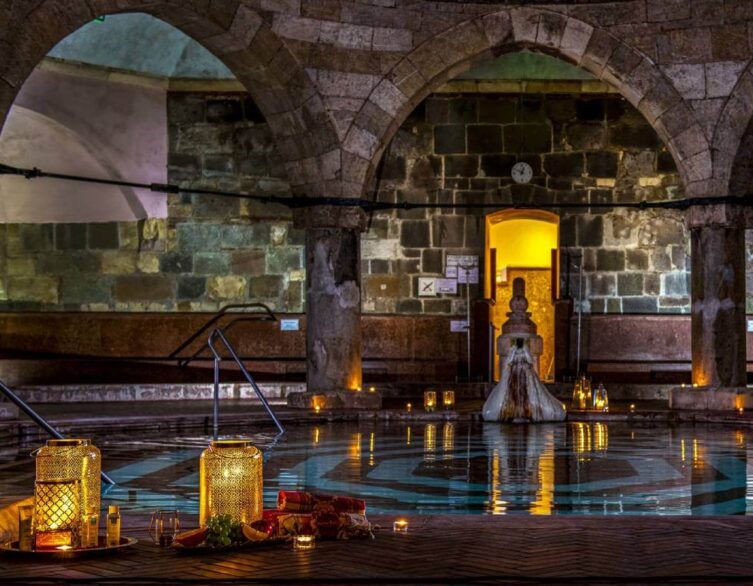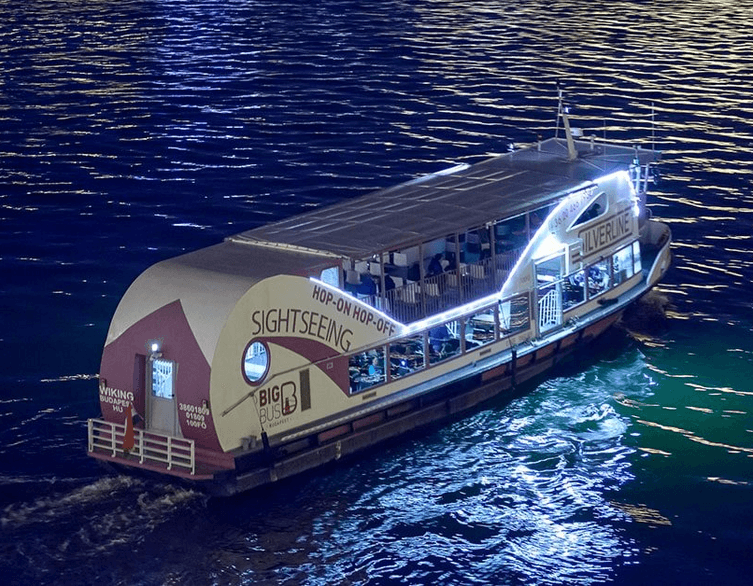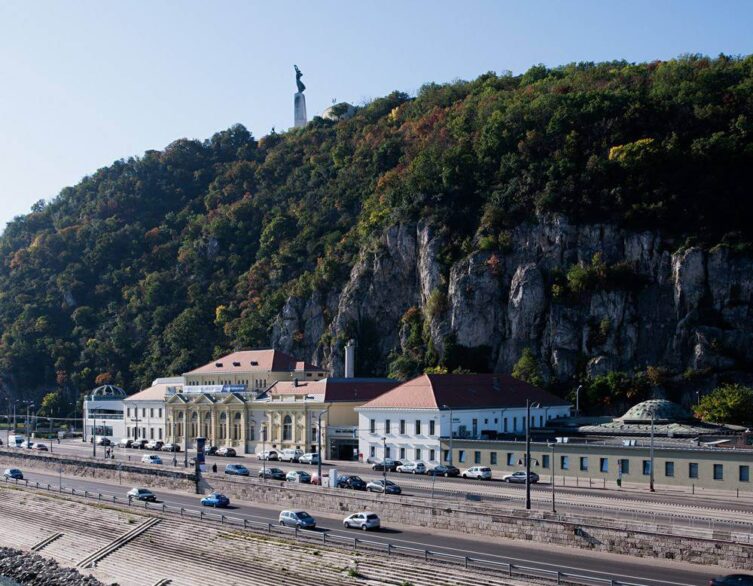Rudas Thermal Bath Budapest Gets Daily Coed Access Starting October 2025

Budapest’s legendary thermal bath scene is about to undergo significant changes that will directly impact your visit to the Hungarian capital. Starting October 1, 2025, tourists will experience a completely new system at one of the city’s most iconic bathing destinations, while another beloved spa closes temporarily for much-needed renovations.
Gellért Baths Closing for Major Renovation
The historic Gellért Thermal Bath and Swimming Pool will temporarily close its doors to begin a comprehensive renovation project that has been years in the making. This stunning Art Nouveau masterpiece, which has welcomed visitors since 1918, desperately needs this intervention to preserve its grandeur for future generations.
According to Ildikó Szűts, CEO of Budapest Thermal Baths and Springs Ltd., the building and its mechanical systems are in extremely poor condition. One telling example is the famous wave pool, which has been over 100 years old and hasn’t been operational for years due to technical problems. The renovation will take approximately 2.5 to 3 years to complete, ensuring that when Gellért reopens, it will offer the world-class experience that both locals and international visitors deserve.
This closure represents a significant loss for Budapest tourism, as Gellért has been one of the most photographed and visited thermal baths in the city. The facility generates over 4 billion Hungarian forints in annual revenue, much of which helps subsidize discounted entry fees for local residents through higher prices paid by international tourists.
Revolutionary Changes at Rudas Baths
To compensate for Gellért’s closure and accommodate displaced visitors, Rudas Thermal Bath is implementing a groundbreaking new schedule that balances tradition with modern tourism demands. This change represents one of the most significant shifts in Budapest’s thermal bath culture in recent decades.
Currently, Rudas operates under a complex traditional system where the historic Turkish bath sections offer gender-segregated “apron bathing” (kötényes fürdés) on specific days. Men can enjoy this traditional experience on Mondays and Wednesdays all day, Thursdays until 1 PM, and Fridays until 11 AM, while women have exclusive access on Tuesdays. During these times, visitors wear special aprons and experience the baths as they have been enjoyed for centuries.
Starting October 1, 2025, Rudas will adopt a revolutionary dual-schedule system that preserves tradition while maximizing accessibility for international visitors. Every morning from 6:00 AM to 11:00 AM will be reserved for traditional apron bathing, maintaining this cherished cultural practice. However, from 11:00 AM to 8:00 PM daily, the entire facility including the wellness area, swimming pool, and the magnificent Turkish bath section will be open to all visitors regardless of gender.
Why This Matters for Your Budapest Visit
This new system at Rudas represents a game-changing opportunity for tourists who previously found it challenging to experience authentic Turkish bathing culture due to the restrictive schedule. The Turkish bath at Rudas, with its stunning Ottoman-era architecture dating back to the 16th century, is considered one of Budapest’s most important historical attractions. Many international visitors specifically come to Budapest to experience this authentic piece of Turkish heritage.
The expanded coeducational hours mean that couples and mixed groups can now enjoy the full Rudas experience together during most of the day. You’ll be able to soak in the octagonal pool beneath the magnificent Turkish dome, experience the various temperature pools, and enjoy the wellness facilities without worrying about gender restrictions or complicated scheduling.
Best deals of Budapest
Planning Your Thermal Bath Experience
With these changes, your Budapest thermal bath strategy needs some adjustment. If you had planned to visit Gellért, you’ll need to redirect those plans to other spectacular options like Rudas, Széchenyi, or Lukács baths. Each offers unique experiences, but Rudas now provides the most flexible schedule for international visitors.
The morning apron bathing sessions at Rudas offer a truly authentic cultural experience if you’re interested in participating in centuries-old bathing traditions. However, if you prefer a more relaxed, modern spa experience, the afternoon and evening coeducational sessions will provide everything you need.
Preserving Tradition While Embracing Change
The management of Budapest’s thermal baths faces a delicate balancing act between preserving cultural heritage and meeting modern tourism demands. The decision to limit traditional apron bathing at Rudas while expanding coeducational access reflects this challenge. As Szűts emphasized, they have a serious responsibility to maintain bathing traditions that are genuine cultural treasures.
The Turkish bath at Rudas isn’t just a spa facility – it’s a living museum where you can experience bathing practices that have remained virtually unchanged for centuries. The new schedule ensures this tradition continues while making it more accessible to the international visitors who specifically seek out these authentic cultural experiences.
Financial Realities Behind the Changes
These operational changes reflect the complex economics of maintaining historic thermal baths in a modern tourism environment. The 4 billion forint revenue loss from Gellért’s closure represents a significant financial challenge for the company responsible for operating Budapest’s municipal baths. By redirecting visitor traffic to Rudas and optimizing its schedule, management hopes to offset at least part of this loss while the renovation proceeds.
This financial model, where international visitor fees help subsidize local access to thermal baths, ensures that these facilities remain accessible to Budapest residents while providing world-class experiences for tourists. Your visit directly contributes to preserving these incredible cultural landmarks for future generations.
The Bigger Picture for Budapest Tourism
These changes represent Budapest’s ongoing evolution as a world-class destination that honors its heritage while adapting to contemporary travel patterns. The thermal baths remain one of the city’s most distinctive attractions, offering experiences you simply cannot find elsewhere in Europe.
When Gellért reopens in approximately three years, it will return as a renovated masterpiece ready to serve visitors for decades to come. Meanwhile, the enhanced accessibility at Rudas ensures that Budapest’s thermal bath culture remains vibrant and welcoming to international visitors throughout this transition period.
For tourists planning visits to Budapest, these changes ultimately provide more opportunities to experience authentic thermal bathing culture, even as they temporarily reduce some options. The new Rudas schedule offers unprecedented flexibility for experiencing one of Budapest’s most historically significant thermal baths, making your Hungarian capital adventure even more memorable.
Related news
Related events
Related attractions






















